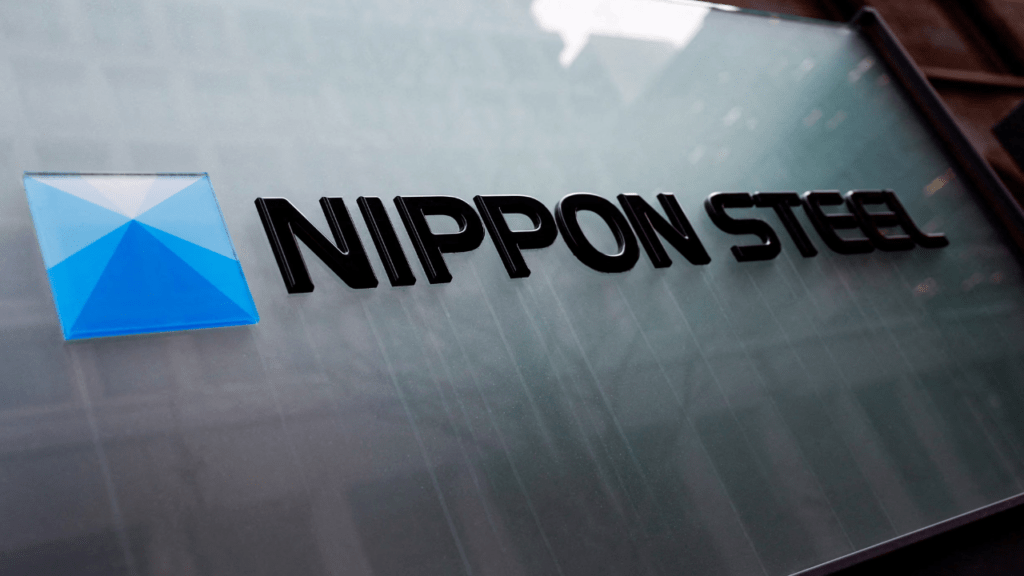In a defining moment for both American manufacturing and Japanese industrial expansion, Nippon Steel has officially completed its $14.9 billion acquisition of U.S. Steel, following final approval by the U.S. government. The deal, one of the largest ever involving a Japanese firm in the American industrial sector, was finalized through an executive order issued by President Donald Trump earlier this month.

The agreement follows nearly two years of intense scrutiny, including multiple national security reviews, political resistance from U.S. lawmakers, and concerns raised by the United Steelworkers union. To address these, Nippon Steel and U.S. Steel entered into a binding pact with the U.S. Treasury, granting the government a “golden share” with veto power over critical decisions, effectively embedding Washington’s oversight into the governance structure of the combined entity.
Senator David McCormick, a vocal advocate for national industrial resilience, confirmed the golden share arrangement, calling it “a necessary safeguard to preserve American steelmaking capacity while enabling strategic investment.”
Despite these controls, both companies emphasized the economic upside. Nippon Steel committed to investing $11 billion by 2028 to modernize U.S. Steel’s operations and boost output, with an additional $3 billion earmarked for long-term capital improvements. The company’s goal: expand production of advanced, high-grade steel used in electric vehicles, construction, and national infrastructure.
In a joint statement, Nippon Steel and U.S. Steel executives described the merger as “a transformative partnership that will bring world-class technology, operational excellence, and long-term job security to the U.S. steel industry.”
The timing is strategic. With the Biden administration’s infrastructure legislation in full swing and tariffs on foreign steel still in place, Nippon Steel gains direct access to a protected and lucrative market. For Japan, the deal reinforces its role as a critical ally in America’s industrial base, a message welcomed by Tokyo.
Japan’s Minister of Economy, Trade and Industry, Yoji Muto, praised the outcome, saying, “This agreement is more than a business transaction. It reflects the trust and interdependence of the U.S.-Japan relationship in securing strategic supply chains and fostering next-generation innovation.”
President Trump, returning from the G7 summit in Canada last week, reiterated the importance of preserving “American jobs and American identity” while encouraging trusted allies like Japan to invest under clear regulatory terms. His administration has been pushing for a model of foreign investment that supports domestic manufacturing while ensuring national control of critical industries.
Despite the positive framing, analysts have flagged concerns. The scale of investment, along with ongoing inflation and geopolitical risk, could strain Nippon Steel’s balance sheet in the short term. Still, the long-term payoff, access to one of the world’s largest steel-consuming markets and insulation from future trade friction, may outweigh near-term volatility.
As the global race for strategic industrial capacity accelerates, this landmark acquisition cements Nippon Steel’s position as a major player on U.S. soil, while offering a blueprint for how foreign capital and national interest can coexist, under close watch.
